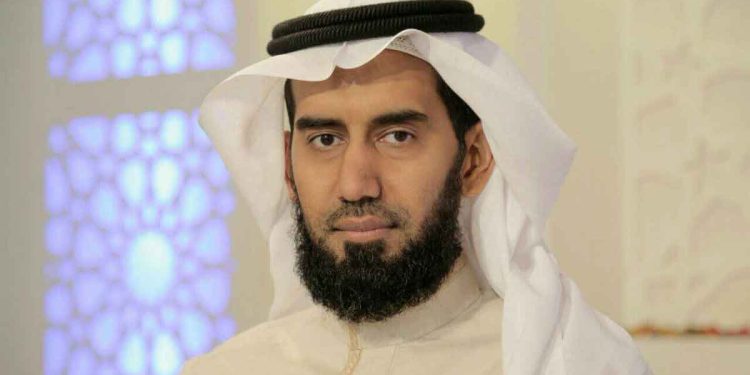Saudi authorities have persisted in their arbitrary detention of Dr. Adel Banaama since September 2017.
Throughout his time in custody, Dr. Banaama has encountered severe health issues, particularly related to his stomach and intestines. These health concerns have arisen amidst what appears to be a deliberate lack of proper medical care from the prison administration.
Dr. Adel Banaama holds the esteemed position of Dean at the Institute of Teaching Arabic to Non-Native Speakers. He is also a respected professor and faculty member at Umm Al-Qura University. His contributions extend to being a valued member of the Jeddah Literary Club, the International Islamic Literature Association, the head of the Islamic Department at Al-Bilad newspaper, and the Dean of Library Affairs at Umm Al-Qura University.
His arrest occurred as part of the broader September 2017 campaign, which targeted numerous academics and activists within the Kingdom. Dr. Banaama was handed a four-year prison sentence, alongside a travel ban, all based on charges that have been widely discredited and deemed false.
The “September Arrests Campaign” encompassed other influential figures, including preachers and academics such as Dr. Salman Al-Ouda, Dr. Awad Al-Qarni, academic at the Higher Institute of Judiciary Abdulaziz Al-Fawzan, Imam of the Grand Mosque Saleh Al-Talib, and Dr. Safar Al-Hawali. It also impacted intellectuals and economists, such as Essam Al-Zamil, Abdullah Al-Malki, Jameel Farsi, and Mustafa Al-Hassan, who was eventually released due to his deteriorating health and battle with cancer. Journalists and numerous human rights activists were also among those detained.
The Saudi authorities have maintained a veil of secrecy regarding the conditions of many detainees, even as reports continue to emerge regarding their declining health, alleged torture, and mistreatment.
Criticism has been leveled at Saudi authorities by a prominent United Nations official for ongoing human rights violations, with counter-terrorism being invoked as justification for arbitrary detentions and the suppression of freedom of thought and expression.
During the 49th session of the Human Rights Council, Fionnuala Ní Aoláin, the Special Rapporteur on the Promotion and Protection of Human Rights and Fundamental Freedoms while Countering Terrorism, released a report. This report focused on global practices connected to secret detention, building upon recommendations put forth in a 2010 study concerning counter-terrorism and human rights.





























